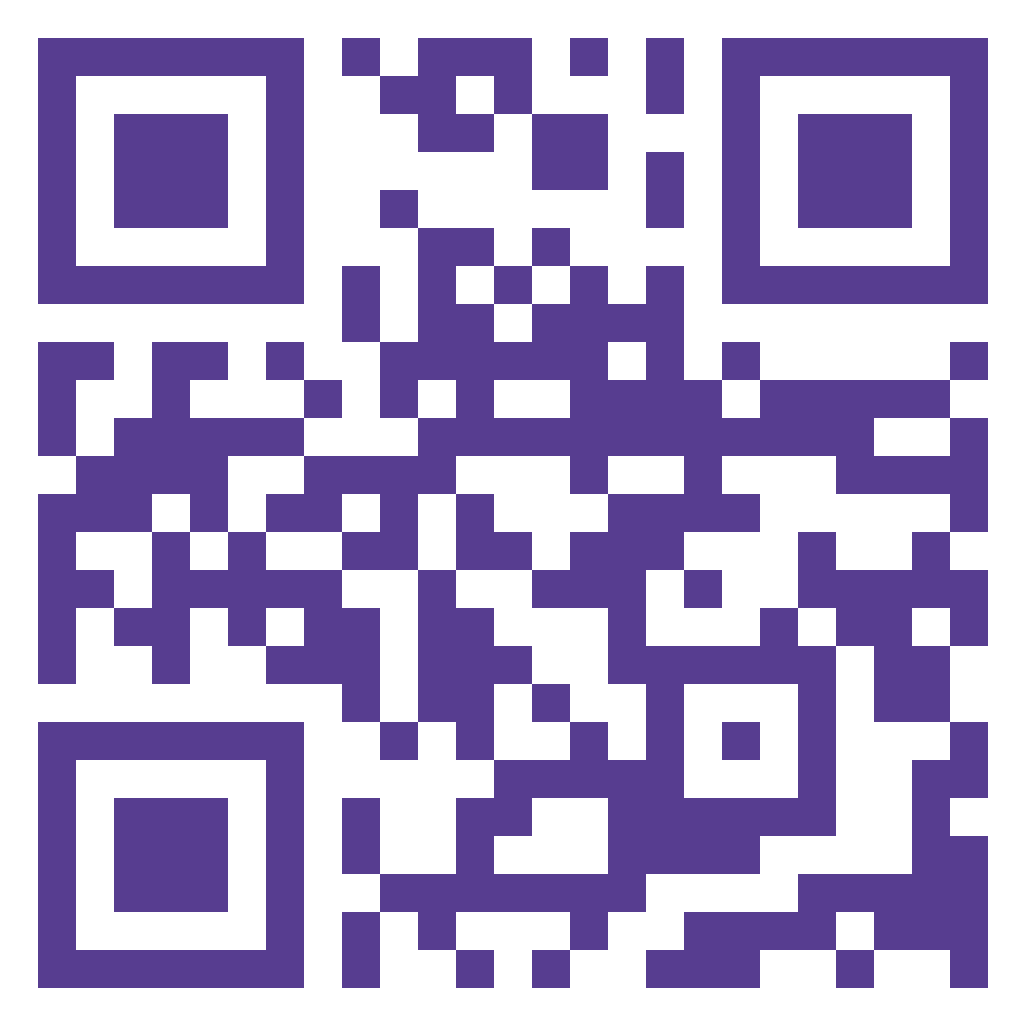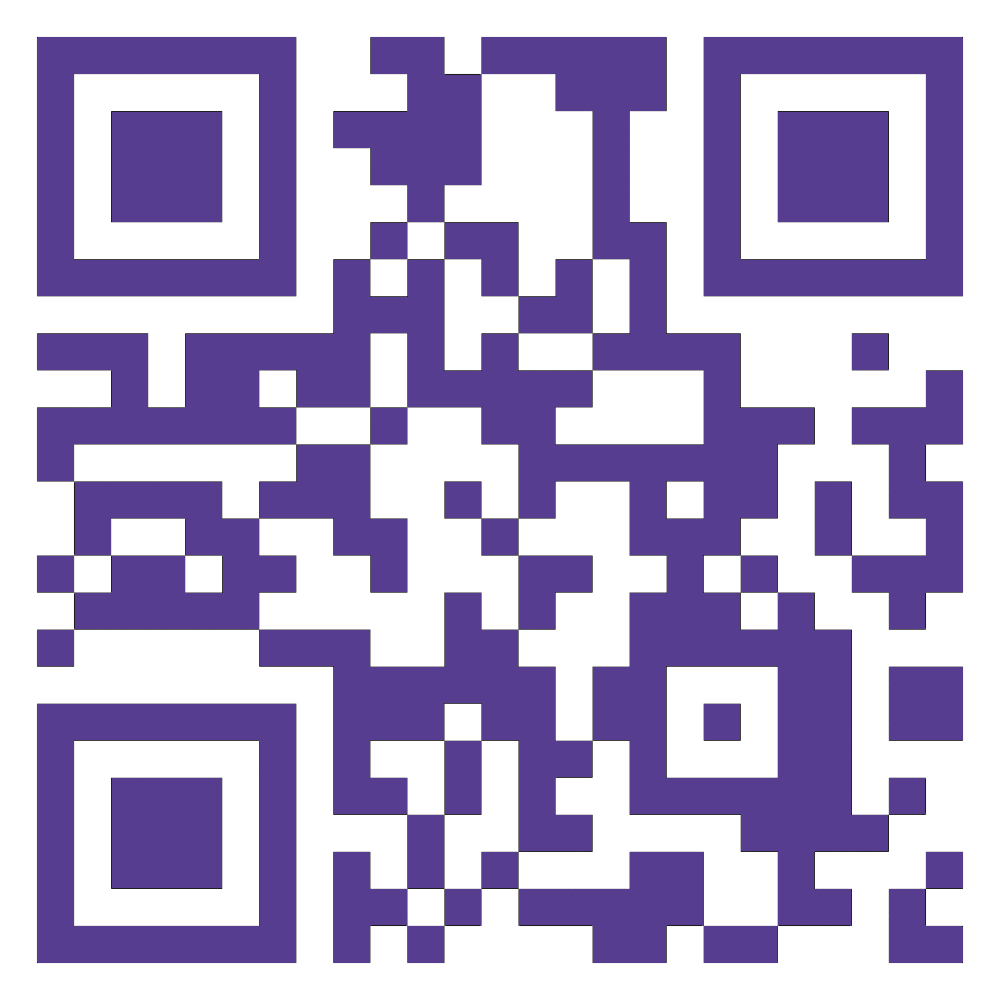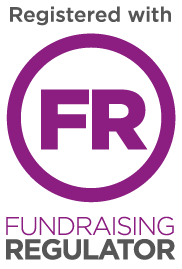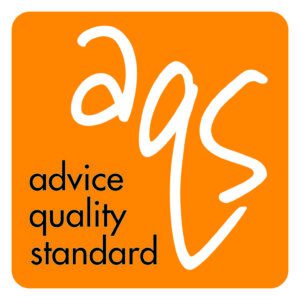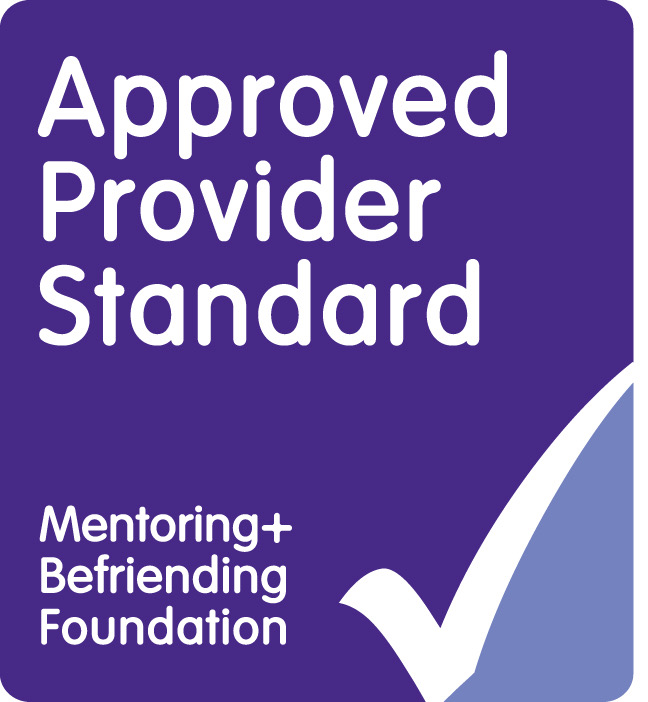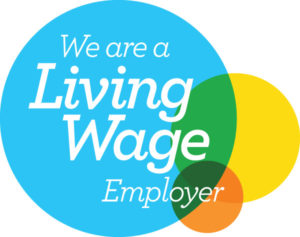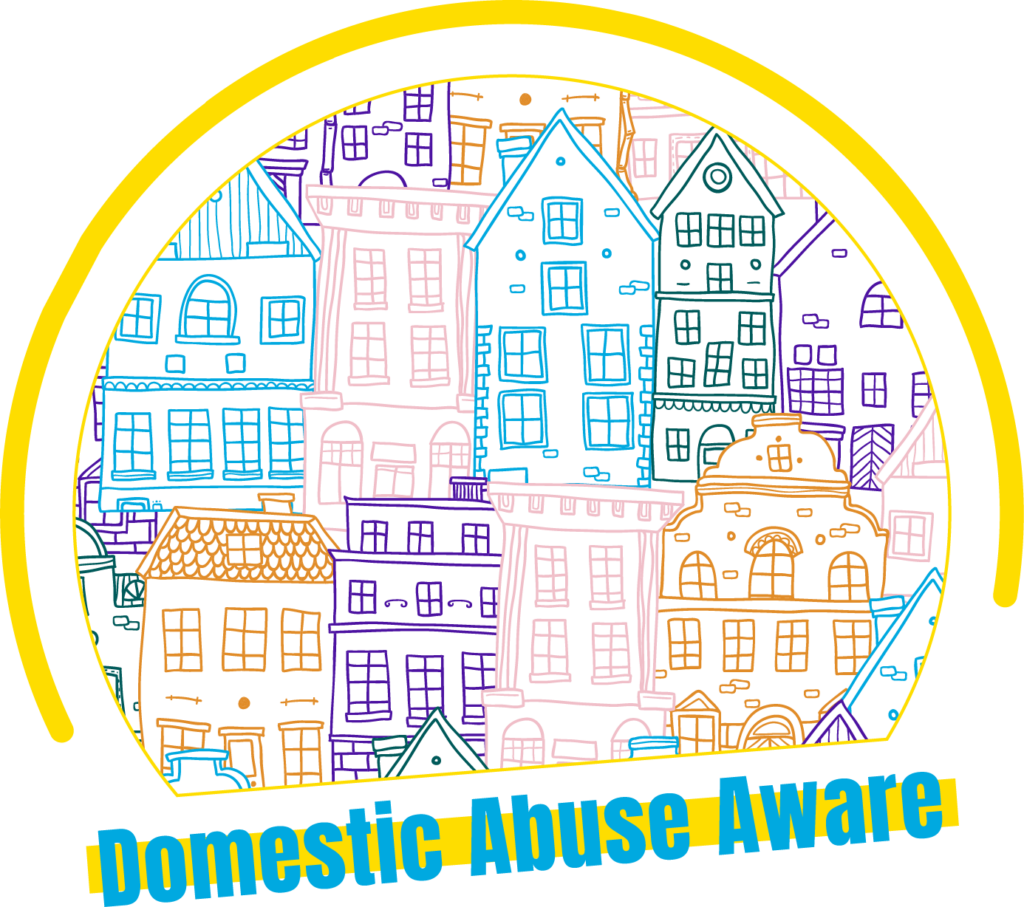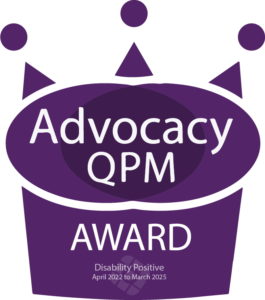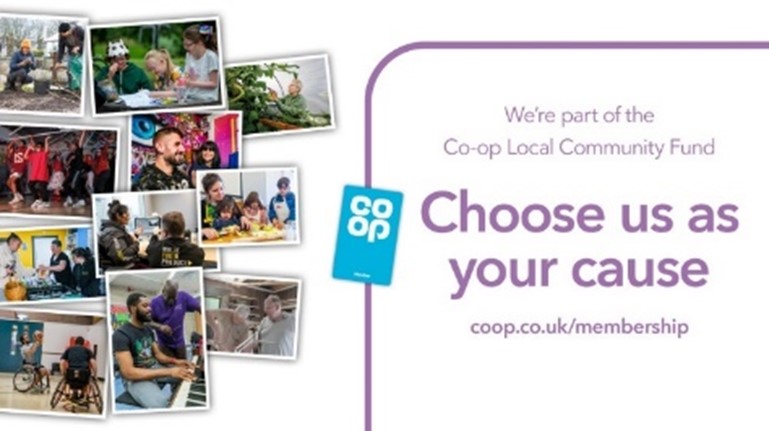We’re Disability Positive!
We provide services, opportunities and a voice to people with lived experience of disability and long-term health conditions, and their families.
We are a charity and a Disabled People’s Organisation (DPO) based in Cheshire.
We have services to help people with everyday life, being part of their local community and looking after their own wellbeing, we can offer advice, help with practical tasks and advocate for people in lots of different situations. We listen and share people’s experiences to influence positive change in government policy.
We know it matters, because we live with disability and long-term health conditions too.

Representative:
We are here to be the voice of people living with disability and long-term health conditions

Collaborative:
We don’t believe we can do everything ourselves; we love working with others who think like us

Ambitious:
We are not going to change the world without thinking big

Trustworthy:
We need to be a place where people feel safe and can come freely for honest and impartial advice and support.

Positive:
It’s not just our name, it’s how we approach every challenge and opportunity
What is a Disabled People’s Organisation? (DPO)
We are a representative organisation of disabled people (a DPO) which means that the majority of our staff, volunteers and our board of trustees have lived experience of disability or a long term health condition. There are DPOs based across the whole of the UK, and you can find out more about them using the map below:
The social model of disability
The social model of disability is the starting point for everything we do and is the idea that people are not disabled by their condition, but by a world that doesn’t meet their needs.
For example:
If you are Deaf and use British Sign Language (BSL), you are disabled because there is often no BSL interpreter, not because you are Deaf.
If you use a wheelchair, you are disabled because there is often no step free access to buildings, not because you use a wheelchair.
If you are autistic and find the bright lights in meeting rooms difficult, you are disabled because the meeting host has not adjusted the lighting, not because you are autistic.
If you have a bowel condition which means you need an accessible toilet, you are disabled by the attitudes of people who make you feel that you shouldn’t be using an accessible toilet, not by your bowel condition.
If you are visually impaired, you are disabled by not being given information in audio or large print, not by your visual impairment.
If you have anxiety and depression and find travelling at rush hour more difficult, you are disabled by your employer not making reasonable adjustments to allow for flexible working, not by your mental health.
We are positive we can help create a world where everybody has equal access to education, work and life in a way that meets their needs.
